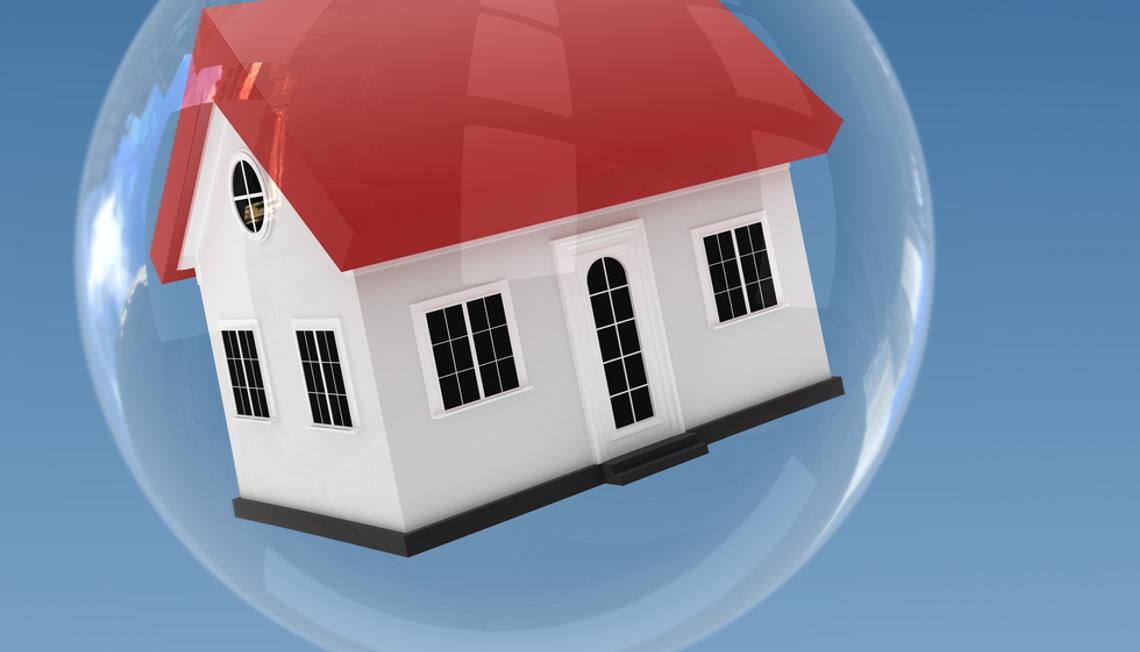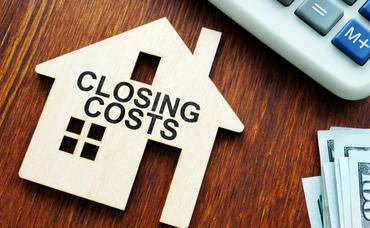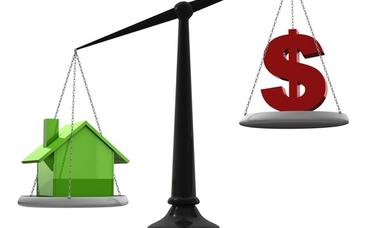The U.S. housing market continues to make the news on a daily basis. If you’ve been following the news, then you may have concerns about a potential housing market bubble – or even a crash. Nobody wants to revisit what happened during the 2007 housing market crash and recession. So it’s not surprising that experts and carefully looking at today’s market for signs of a bubble. Let’s take a closer look at why there is some concern but also how there are key differences between 2022 and 2007.
Why there’s worry about today’s housing market
Home prices have skyrocketed over the last two years. This mirrors some of the housing market activity we witnessed 15 years ago before the housing market crash. That’s why some experts have sounded the alarm about a potential bubble. But not all experts agree we’re in bubble territory because of major differences between then and now.
Low inventory of homes for sale
The first key difference is that, unlike 15 years ago, we have a low inventory of homes for sale. Between the years 2007 and 2010, there were too many homes on the market. This was primarily because of foreclosures and short sales that caused prices to fall dramatically. But for the last two years – and even before the pandemic began – we haven’t had enough homes for sale to meet demand. Prices are going up because of high demand. And while higher interest rates have cooled the market somewhat, most experts do not anticipate a sudden drop in home values – especially in highly desirable markets.
Lending standards have changed
The second key difference is that standards in mortgage lending have dramatically changed since the housing market crashed in 2007. Back then, lenders had very loose restrictions and nearly anyone could qualify for a mortgage – whether they could afford it or not. But that’s not the case today. Lenders have tightened their restrictions, so it’s far less likely for homeowners to default on their loans. Those risky loans no longer exist, and most homeowners have fixed-rate loans that won’t result in monthly payments suddenly surging. It’s very unlikely that the housing market will suddenly see a wave of short sales and foreclosures like it did 15 years ago.
The bottom line
While there isn’t consensus yet on whether or not we’re in a housing market bubble, most experts seem to think that we won’t see anything like what we saw in 2007. At that time, shady loans lead to ballooning payments that many homeowners couldn’t afford. This resulted in defaults and foreclosures on a large scale, flooding the market with inventory. This happened at the same time as a downturn in the economy, so there weren’t enough people to purchase those homes. But this time, we no longer have those risky loans. And there are many more buyers out there than there are homes for sale. Foreclosures are unlikely. Ultimately, we may see a drop in home prices as the market cools, but it’s unlikely that we’ll see a crash as we did in 2007.




